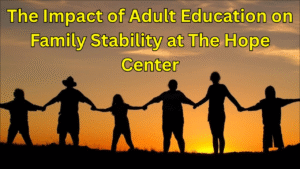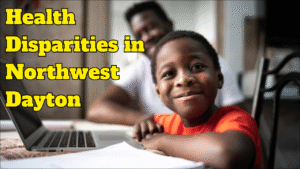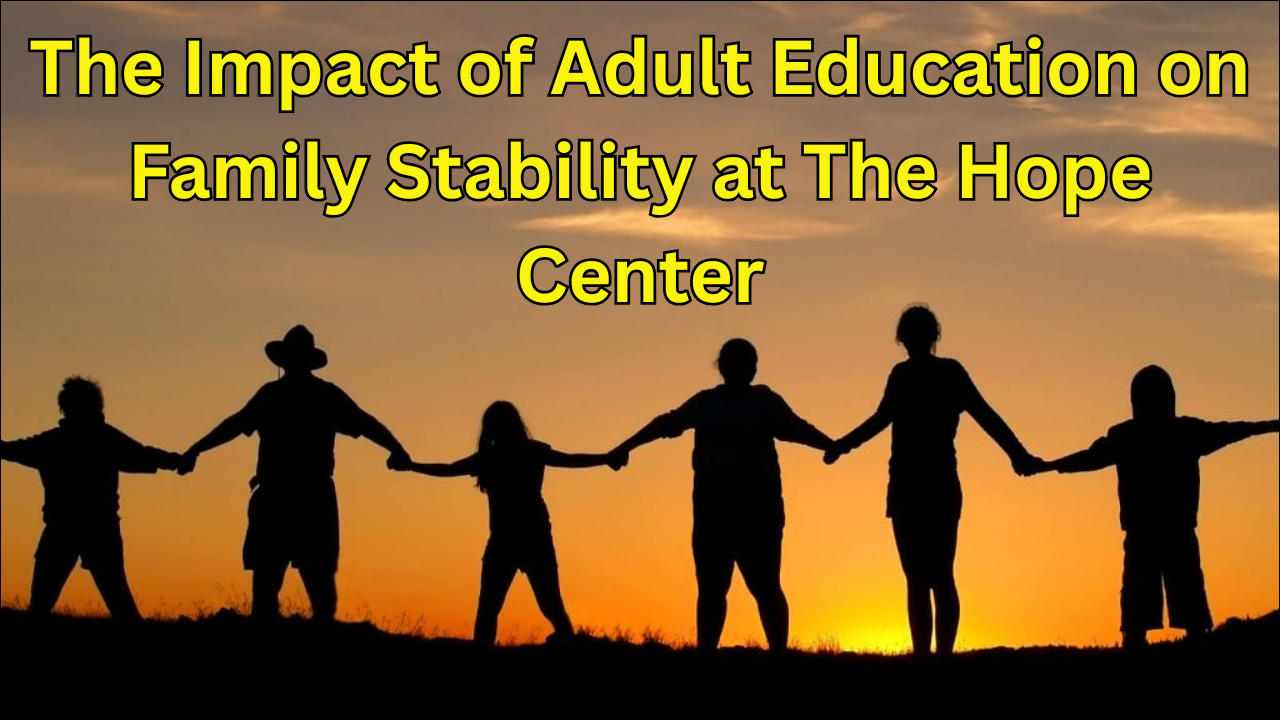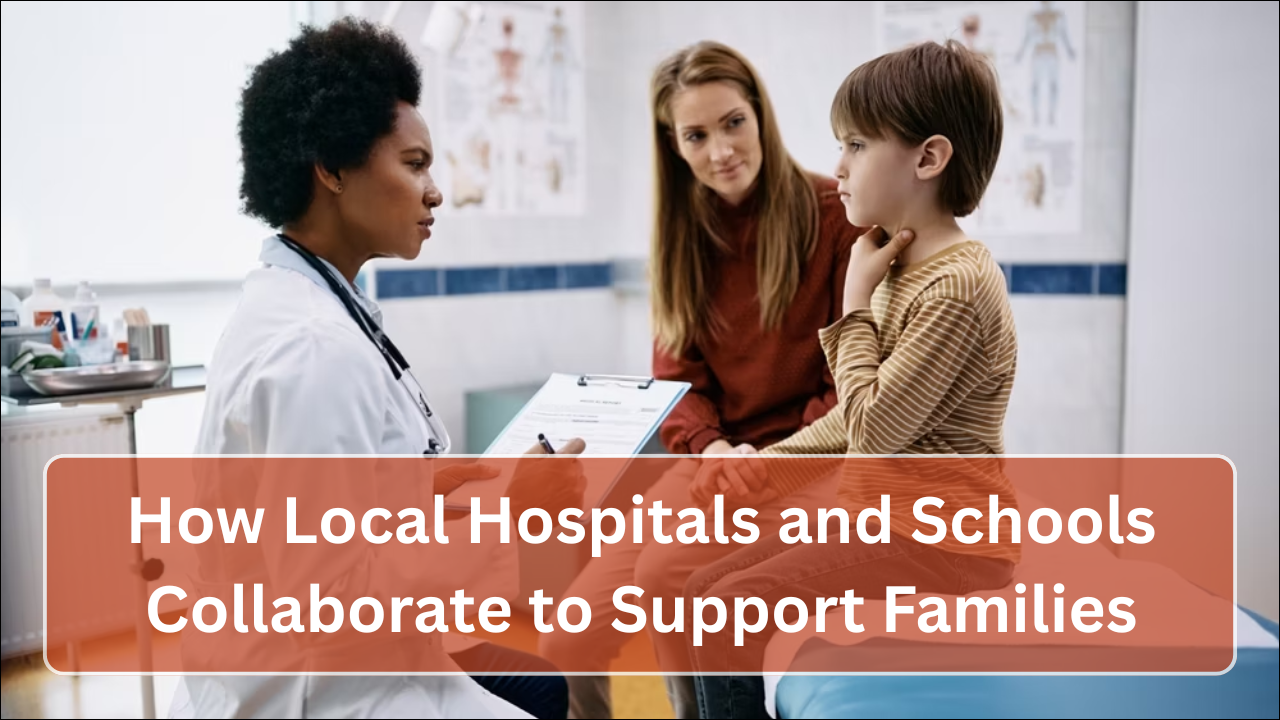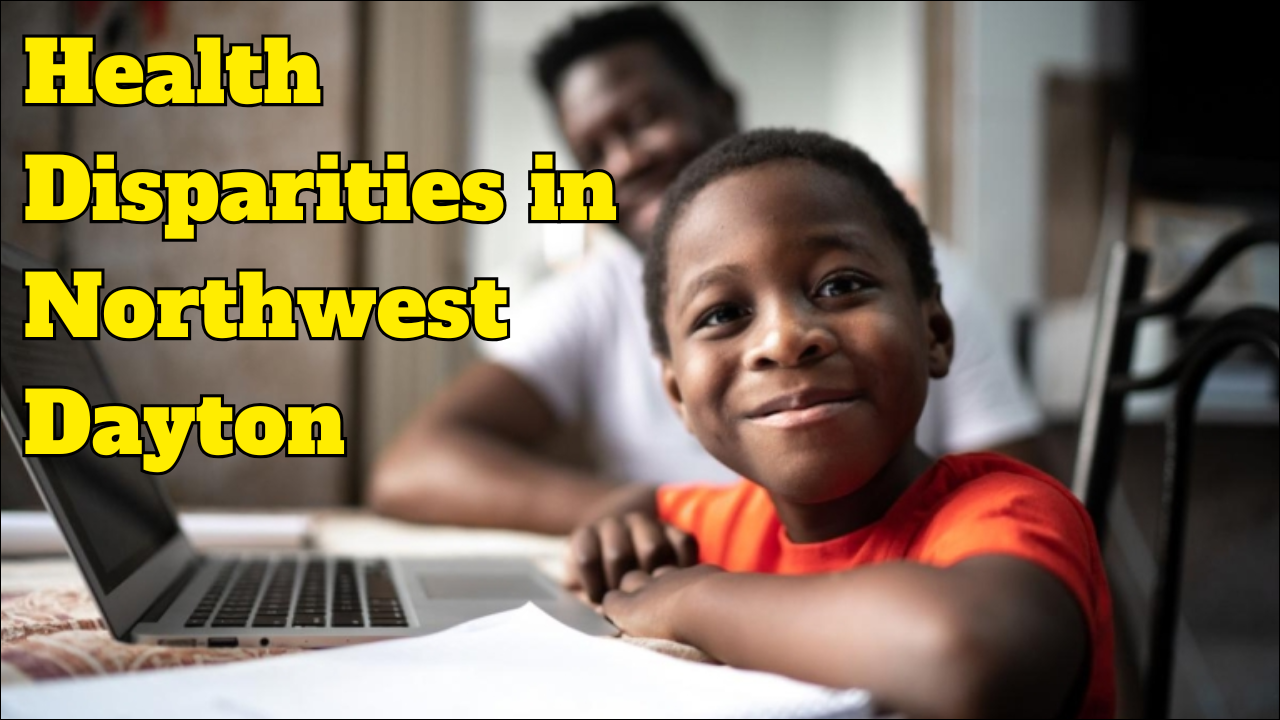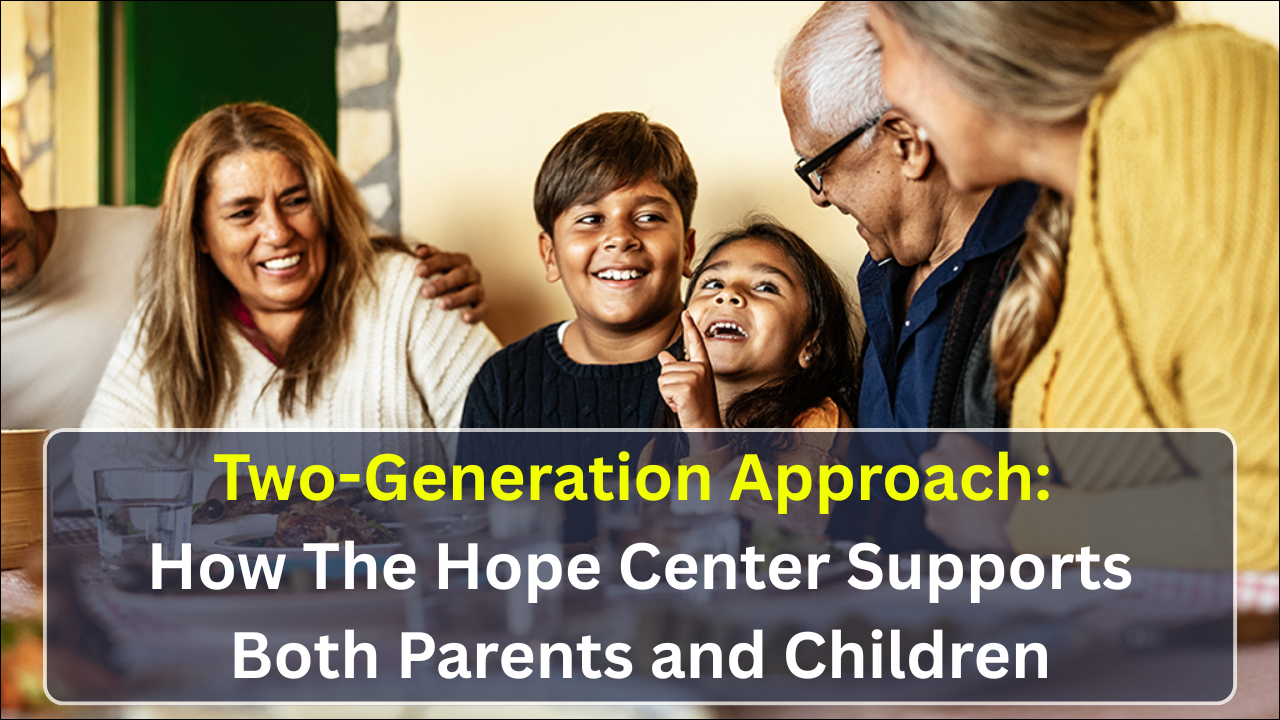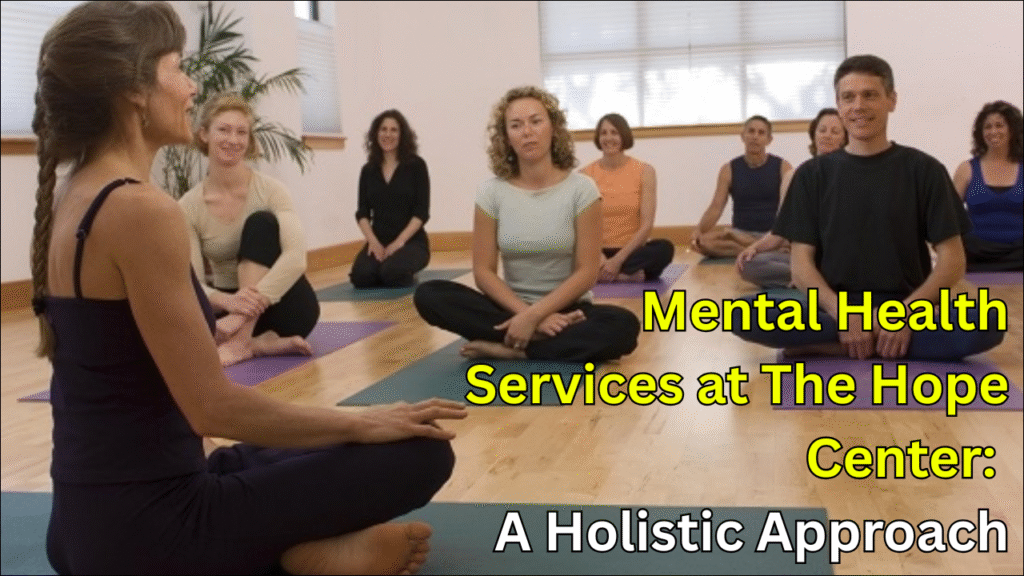
Mental health is a cornerstone of overall family well-being, influencing emotional stability, relationships, and long-term success. The Hope Center for Families in Northwest Dayton adopts a holistic approach to mental health, providing services that address not only individual psychological needs but also family dynamics, community support, and preventative care. By integrating counseling, therapy, educational workshops, and wellness programs, The Hope Center ensures that both children and adults receive the guidance and resources needed to thrive emotionally, socially, and academically.
Table of Contents
1. The Importance of Mental Health in Family Stability
Healthy minds contribute directly to stronger, more resilient families. Mental health services at The Hope Center recognize the interconnectedness of emotional well-being, family relationships, and community engagement.
- Emotional stability in parents fosters positive parenting practices.
- Children’s mental health supports academic achievement and social development.
- Families with mental health support are better equipped to handle stress and adversity.
- Early intervention prevents the escalation of mental health challenges.
2. Core Mental Health Services Offered
The Hope Center provides comprehensive services that address the mental health needs of both adults and children.
- Individual Counseling: Personalized therapy sessions for parents, caregivers, and children.
- Family Therapy: Focused on improving communication, conflict resolution, and family cohesion.
- Group Support Sessions: Peer-led and professionally guided groups for stress management, parenting, and coping strategies.
- Crisis Intervention: Immediate support for families experiencing emotional distress or emergencies.
3. Holistic Integration with Other Services
Mental health services are not offered in isolation; they are integrated with education, health, and employment programs to provide a full spectrum of support.
- Collaboration with Sinclair Community College enhances adult learners’ coping skills and resilience.
- Partnership with Mini University ensures that children’s emotional development complements academic learning.
- Coordination with Dayton Children’s Hospital addresses physical and mental health needs simultaneously.
- Family wellness programs combine nutrition, fitness, and emotional education for holistic care.
4. Early Intervention and Preventive Programs
Preventing mental health challenges before they escalate is a key component of the holistic approach.
- Screening programs identify early signs of anxiety, depression, or behavioral issues.
- Parenting workshops teach techniques for emotional regulation and stress reduction.
- Mindfulness and social-emotional learning activities are incorporated for children.
- Early intervention reduces long-term psychological, academic, and social consequences.
Key Mental Health Services and Family Benefits
| Service | Target Group | Impact on Families |
|---|---|---|
| Individual Counseling | Adults & children | Improved emotional regulation and personal coping skills |
| Family Therapy | Entire households | Enhanced communication, reduced conflict |
| Group Support | Parents, teens, caregivers | Peer learning, social support, resilience |
| Crisis Intervention | Families in distress | Immediate assistance and safety planning |
| Preventive Programs | Children & parents | Early identification of mental health challenges |
5. Supporting Children’s Emotional Development
The Hope Center emphasizes that children’s emotional health is foundational for lifelong success.
- Play therapy and creative activities promote self-expression.
- Emotional literacy programs teach children to recognize and manage feelings.
- Social skill-building activities enhance peer relationships and conflict resolution.
- Collaboration with schools ensures continuity of care and support.
6. Empowering Parents and Caregivers
Parents and caregivers play a crucial role in maintaining family mental health. The Hope Center provides tools to strengthen parenting skills and self-care practices.
- Parenting workshops address communication, stress management, and discipline strategies.
- Counseling sessions guide parents in handling personal challenges and supporting children.
- Support groups create networks for shared experiences and problem-solving.
- Life skills programs, including financial literacy and career guidance, reduce stressors that affect mental health.
7. Community-Based Approach
Mental health is addressed not only individually but also at the community level to create a supportive environment.
- Community events raise awareness about mental health issues and available services.
- Partnerships with local organizations increase accessibility to counseling and wellness programs.
- Volunteer and mentorship programs foster social support networks for families.
- Public workshops reduce stigma associated with mental health, encouraging early help-seeking.
8. Integration with Physical Health and Wellness
The Hope Center’s holistic approach recognizes that mental and physical health are interconnected.
- Nutrition workshops and fitness programs promote overall well-being.
- Health screenings at local hospitals detect conditions that may influence mental health.
- Stress management activities, including yoga and mindfulness, enhance emotional resilience.
- Holistic programs ensure that families receive support in all areas of health.
9. Measuring Impact and Outcomes
Evaluation ensures that mental health programs achieve meaningful outcomes for families.
- Progress is tracked through improvements in emotional regulation, family communication, and stress management.
- Feedback from parents and children informs program refinement.
- Community engagement levels are measured through participation rates in workshops and support groups.
- Long-term studies monitor academic performance, employment stability, and overall family well-being.
10. Future Directions and Expansion
The Hope Center continues to expand its mental health services to meet growing community needs.
- Plans include telehealth counseling to reach families with transportation or scheduling challenges.
- Expanded child-focused programs address behavioral and developmental concerns.
- Increased training for staff ensures culturally sensitive and trauma-informed care.
- Partnerships with local employers aim to provide workplace mental health support for parents.
Future Initiatives in Mental Health Services
| Initiative | Description | Expected Family Benefit |
|---|---|---|
| Telehealth Counseling | Online therapy sessions for families | Greater access and convenience |
| Trauma-Informed Care Training | Staff education on trauma impact | Improved quality of support |
| Expanded Child Programs | Behavioral, social, and emotional development | Early intervention and academic success |
| Workplace Mental Health | Employer partnerships for parental support | Reduced stress and improved work-life balance |
| Community Awareness Campaigns | Public workshops and events | Reduced stigma, increased help-seeking |
End Notes
The Hope Center’s holistic approach to mental health services demonstrates the importance of addressing emotional well-being alongside education, healthcare, and family support. By providing counseling, therapy, preventive programs, and community engagement initiatives, the Center ensures that children, parents, and caregivers have the tools to thrive emotionally and socially. Families benefit from improved communication, resilience, and stability, while the broader community experiences greater cohesion and wellness. Mental health support at The Hope Center exemplifies a model in which comprehensive care empowers individuals and strengthens the fabric of entire communities.

